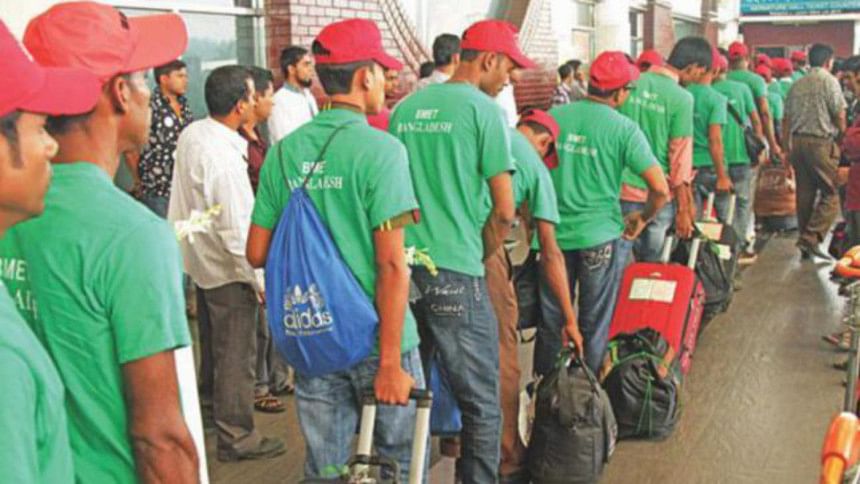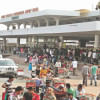A welcome move

Bangladeshi recruiting agencies have welcomed the Malaysian government's move to suspend the 10 companies tasked with hiring Bangladeshi workers.
“We have not yet received any formal communication from the authorities, but we learnt about the matter from the media. We welcome the move of the current Malaysian authorities to review the recruitment system,” said Shameem Ahmed Chowdhury Noman, joint secretary general of Bangladesh Association of International Recruiting Agencies (Baira).
Malaysia's newly appointed Human Resources Minister M Kulasegaran said the government suspended the 10 companies and the online recruitment system.
He said they would launch a full investigation into the matter. “The previous administration managed the whole recruitment process like a business aimed at benefiting certain individuals,” the minister said.
Under the the G2G Plus deal, signed in 2016 between the Bangladesh and Malaysian governments, the maximum migration cost for each worker was set at Tk 37,000. But each worker had to pay Tk 4 lakh due to alleged corruption in the process.
“We now want a fully transparent system under which Bangladeshis can go to Malaysia at a low cost,” Shameem told this correspondent yesterday over the phone.
He said Baira had been against the monopoly of the 10 recruiting agents, but it could not do anything as the then Malaysian administration wanted it.
“We now want a system where all the recruiting agencies with good track records can be engaged in the recruitment process,” Shameem said.
Malaysian newspaper The Star on Friday reported that an organised trafficking syndicate, led by a Bangladeshi businessman with alleged political connections with the Malaysian home ministry, raked in at least two billion Malaysian ringgit from Bangladeshi workers in just two years.
Its investigation revealed that the workers paid RM20,000 (Tk 4 lakh) each to their local agents who then paid half of the sum to the syndicate to have work permit approvals and flight tickets to Malaysia.
Without naming the Bangladeshi businessman, The Star said he shared a portion of the money he made with politicians and government staff from both the countries.
Abdul Amin, managing director of a recruiting agency, SA Traders, said it was a great relief for the Bangladeshi recruiting industry that the Malaysian government was going to review the current worker recruitment process.
Malaysia would need more foreign workers as the new government was planning more investments, he said.
“So, we need to lower the migration cost and design a transparent recruitment system. Both the private and the public sectors have to work together and should be committed to labour welfare.”
Gautam Roy, a Bangladeshi journalist living in Malaysia, said it takes a worker around three years to recoup the migration cost (Tk 4 lakh).
“Therefore, they want to switch jobs and it is illegal in Malaysia. Once they become irregular, they run risks of being arrested and deported,” he said.
Meanwhile, many Bangladeshi workers who went to Malaysia recently said they sold cattle and farmland, and borrowed money at high interest rates to secure employment in Malaysia.
“I am happy to be in Malaysia, but my priority is to work hard in order to repay the money raised by my family for this job,” said 32-year-old Mohd Rashadil.
According to Bangladesh government data, around 1.6 lakh workers went to Malaysia under the G2G Plus deal in around two years.

 For all latest news, follow The Daily Star's Google News channel.
For all latest news, follow The Daily Star's Google News channel. 








Comments